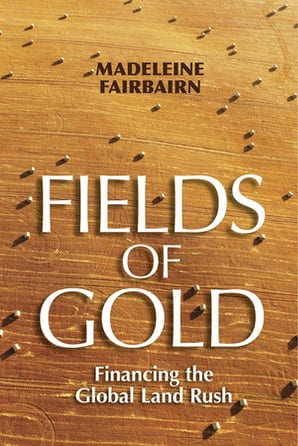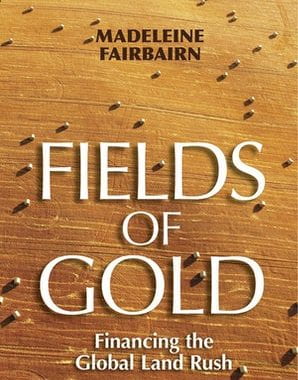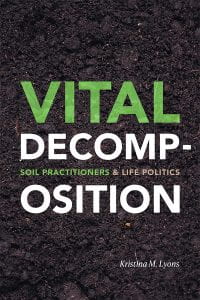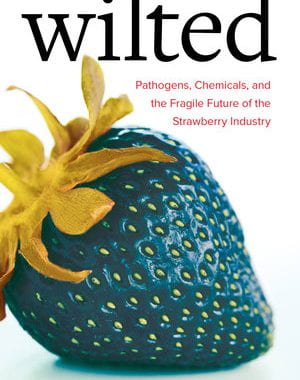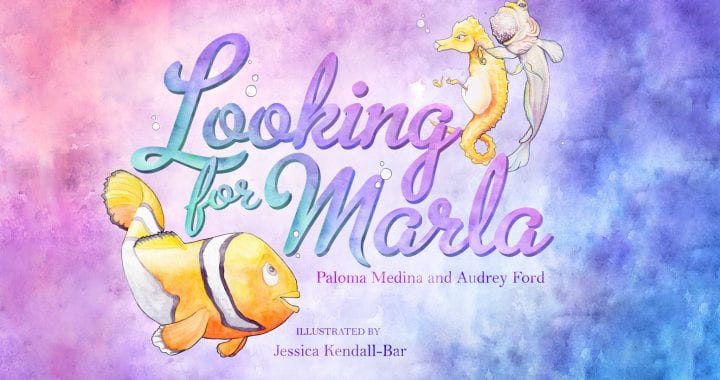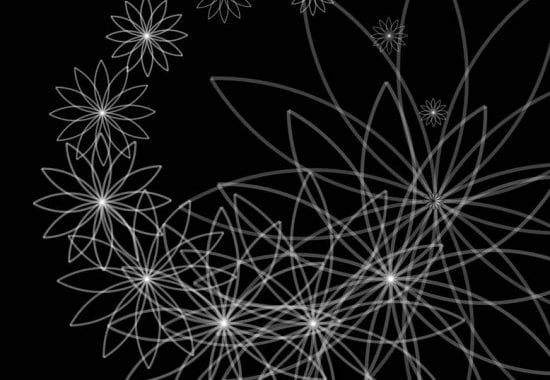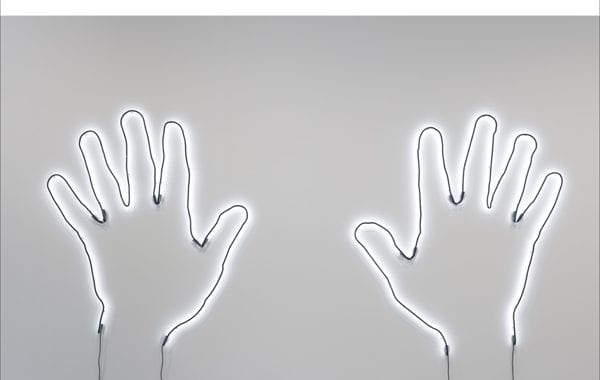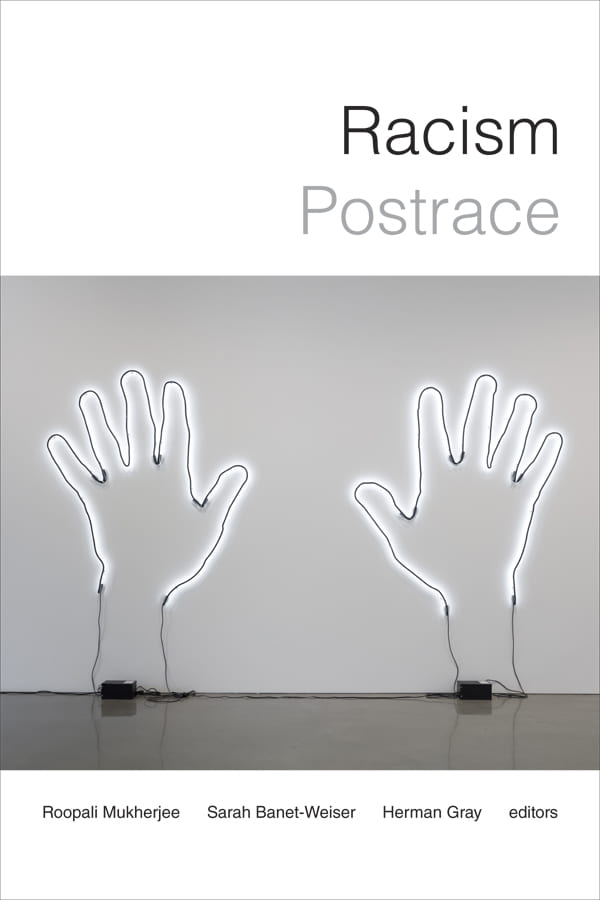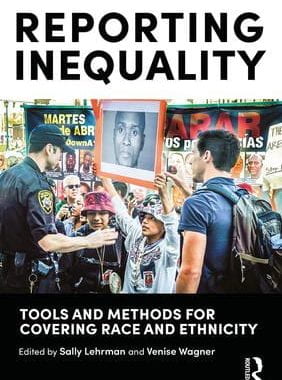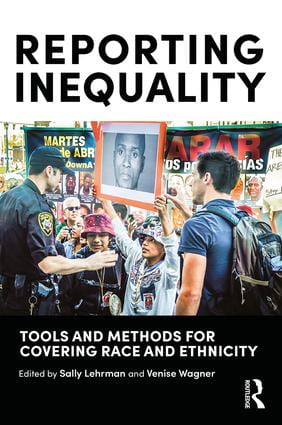Overview
Discover the diversity of sex, gender, and parental care in the underwater world of Looking for Marla. Looking for Marla tells the tale of a curious clownfish in transition as they find their way through fatherhood, and into motherhood! As readers follow along through playful and punny rhymes, they encounter a diverse cast of friendly marine creatures, each with a unique story to tell and a jewel of wisdom. Looking for Marla hopes to inspire readers of all ages on their own journey of gender expression and self-exploration, while they explore the diversity of an underwater world.
This book is for educators, parents, youth, and anyone wanting to learn about sex and gender diversity in nature and gender pronouns in a fun way! A portion of the book’s proceeds will be donated to the Diversity Center of Santa Cruz, to support diverse communities in Santa Cruz & Watsonville counties.
More information can be found at: https://www.jessiekb.com/looking-for-marla.
Find Marla on Instagram at https://www.instagram.com/wheresmarla/.
The book is available from the Looking for Marla team and in a few local shops. For your personal, classroom, or shop copy, contact LookingForMarlaBook@gmail.com.
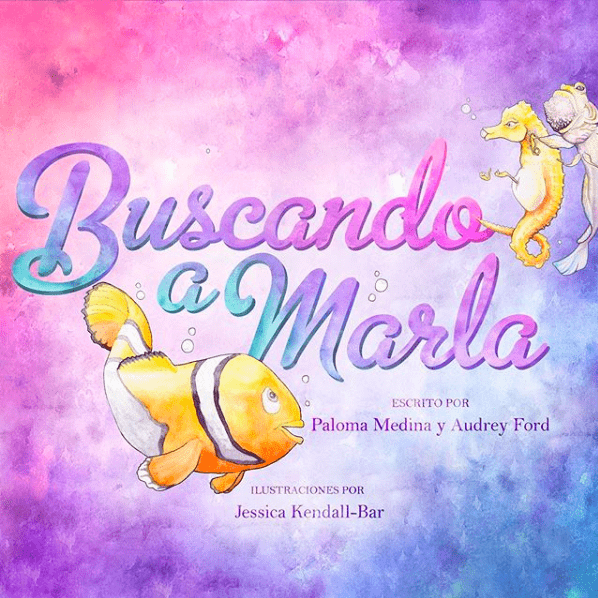
Book cover for Looking For Marla (Spanish edition).
Join the bilingual release celebration:
On November 15, 2019, from 7pm to 9pm at the Santa Cruz Museum of Art and History Looking for Marla will share the BILINGUAL version of the book, there will be performances, face painting, brainstorming on the meaning of parenthood, and activities for all ages! (Details on the launch)
Endorsements
“Looking for Marla takes you on an undersea discovery journey through the surprisingly diverse expressions of gender and sexual identity among marine creatures. I have taught sexuality education classes for ages ranging from kindergarten to senior high school, and this wonderfully imaginative book will be a precious addition to the curriculum. Little kids will marvel at the beautiful illustrations and older youths will appreciate the whimsical rhyming text. For all, the variety of parenting styles and gender expressions depicted in these pages are sure to expand their understanding of the many ways to be human. May they find their own inner Marla.” – François Bar | Our Whole Lives Sexuality Education facilitator
“Looking for Marla beautifully illustrates how art can help to communicate scientific information and break down social stereotypes. We at the Norris Center for Natural History are proud to have supported this creative and outstanding book.” – Karen Holl | Professor of Environmental Studies, UC Santa Cruz | Faculty Director, Norris Center for Natural History.
“Looking for Marla is joyful, beautiful and informative. If you are curious about: gender identity, the ocean, its inhabitants or parenting then this is the book for you! This is revelatory reading at its best.” – Beth Rendeiro, M.Ed | Co-founder, More Than Sex Ed. | Trainer, Our Whole Lives, Lifespan Human Sexuality curricula | Educator, UCLA Lab School
“Looking for Marla speaks for the often overlooked and misunderstood ocean creatures. With gorgeous illustrations and unforgettable facts, this story will warm the hearts of those willing to undertake a new perspective on our underwater world.” – Roxanne Beltran, Ph.D. | Postdoctoral Researcher, UC Santa Cruz.
About the Looking for Marla Team
Paloma Medina (Visionary) is a scientist and educator currently in a Biomolecular Engineering Ph.D. program at UC Santa Cruz. Paloma is interested in evolutionary genomics, bioinformatics, and creative mediums to explore sex and gender diversity in nature. They are an award recipient of the U.S. Fulbright student research scholarship and the National Institute of Health T32 Training Program. Their creative projects have been supported by the Santa Cruz Arts Council, the UCSC Norris Center for Natural History, and the UCSC Center for Innovation and Entrepreneurial Development. Paloma has fun integrating feminist theory and science to help share queer stories.
Read more about how Paloma contributes to the field of population genetics with a distinctly feminist mindset, in an interview with the SJRC.
Audrey Ford (Writer) is a UC Santa Cruz graduate with a degree in Marine Biology. Her passions surround the combined use of science and art as a vehicle to both explore threats to our environment and animal communities, and to connect the world to these issues through concepts that resonate with each individual personally. She is currently working as a face painter for a local Santa Cruz company, as well as a researcher for a non-profit organization which responds to communities across California being affected by polluted local environments. Audrey is so excited to play a part in creating this beautiful story and she hopes that it’s words will reach everyone in need of reading them!
Jessica Kendall-Bar (Illustrator) is a UC Berkeley graduate in Marine Science. She is a PhD student and NSF Graduate Research Fellow at UC Santa Cruz, where she studies the neurobiology of marine mammals. She has studied a broad range of marine topics, including oceanic geochemistry, cephalopod and arthropod mating behavior, moray eel movement, and marine mammal sleep. Her whimsical illustrations and immersive underwater photography aim to accurately portray science and its invaluable role in preserving the underwater ecosystem. At the interface of science and art, she endeavors not only to make meaningful discoveries, but also to convey those results broadly and creatively to impact diverse populations within and outside academia.
Read more about Jessica’s passion for using art to explain science, in a campus news article.
Karen Ross (Spanish Translator)
Sofia Vermeulen (Designer)
